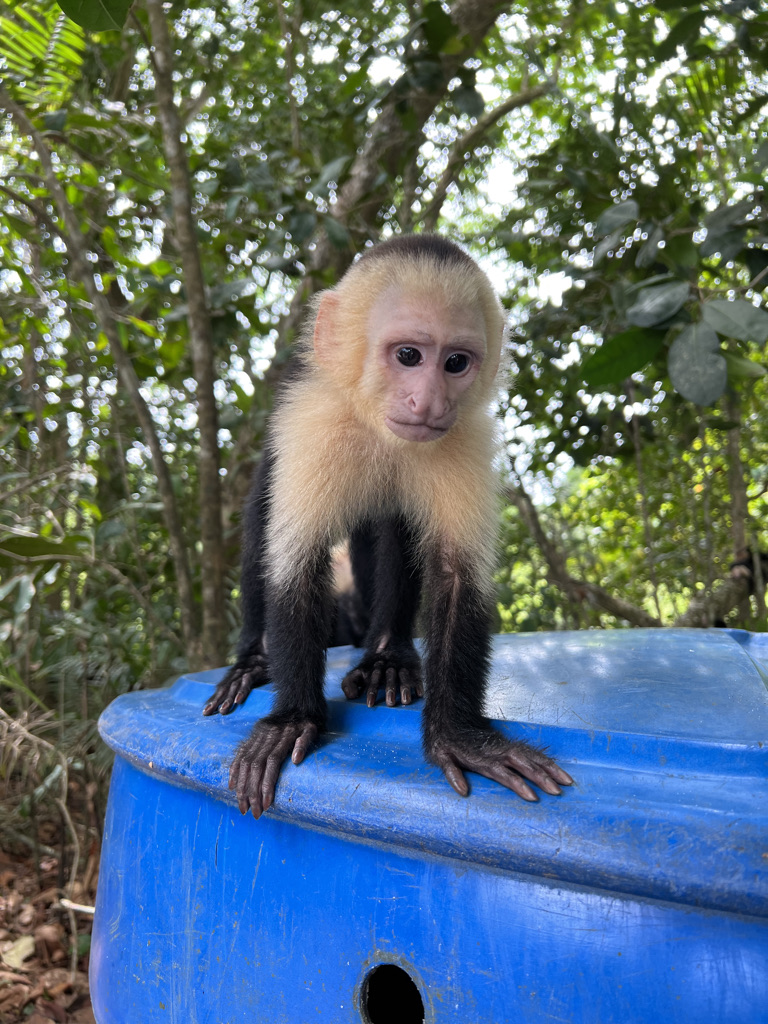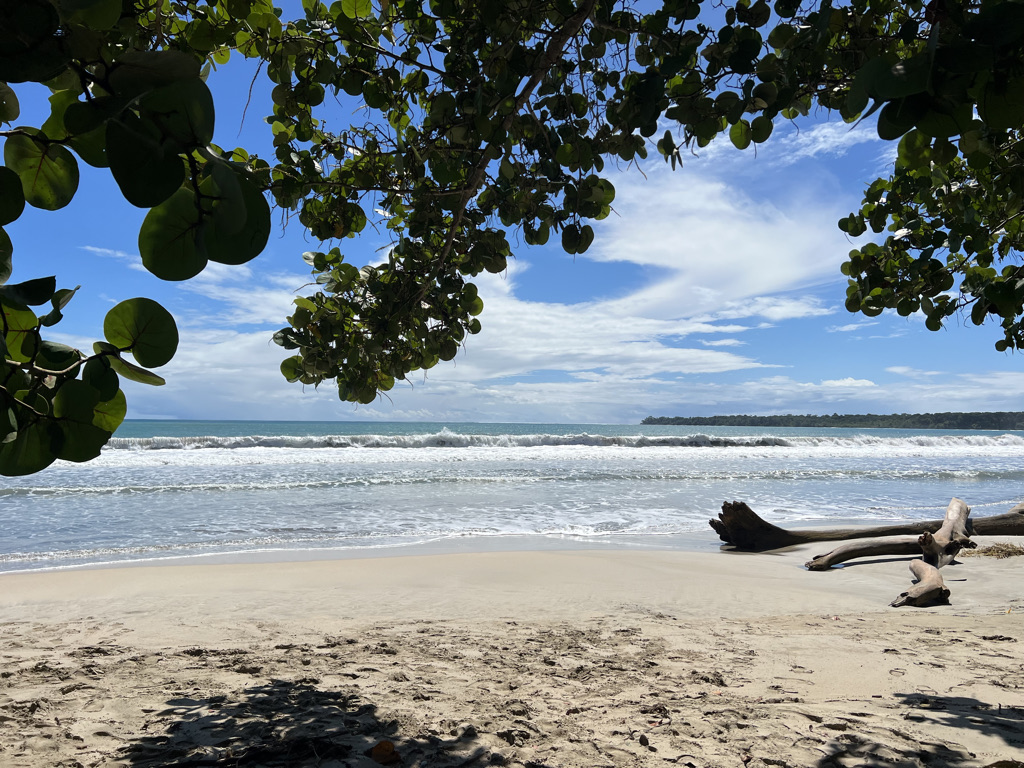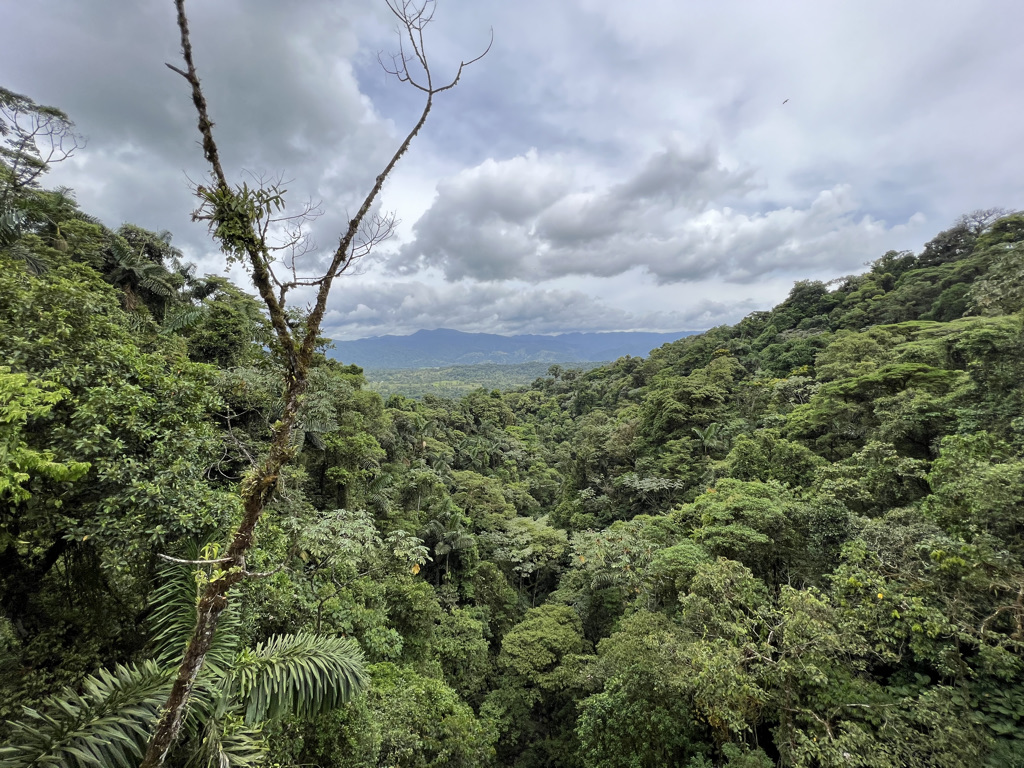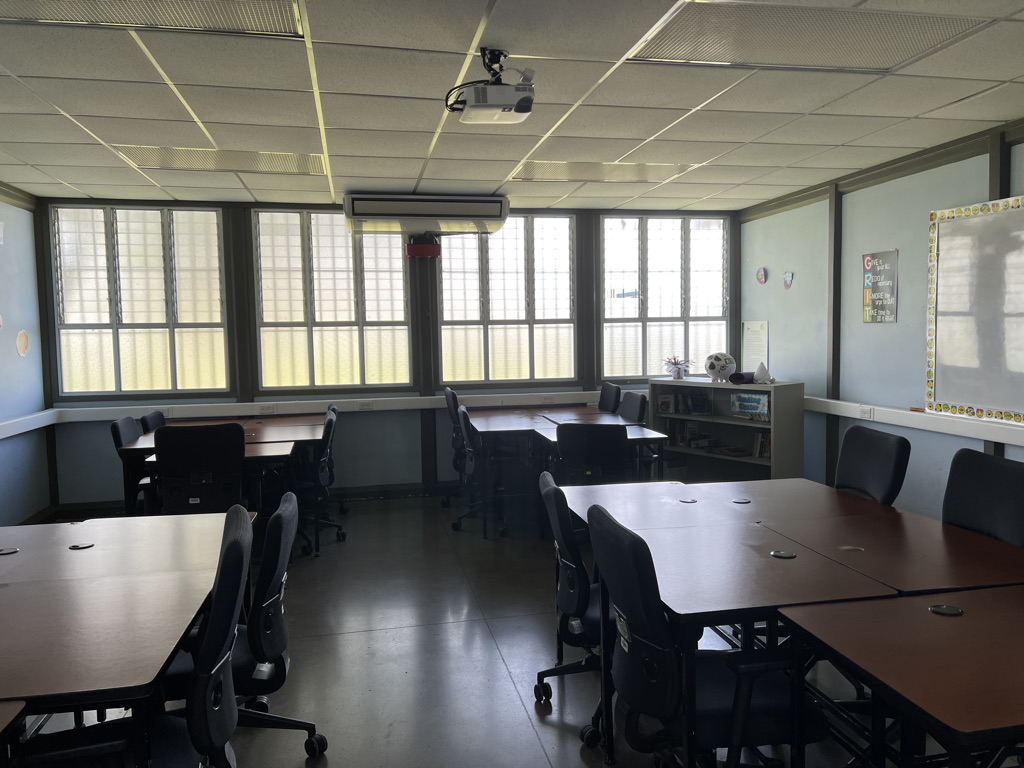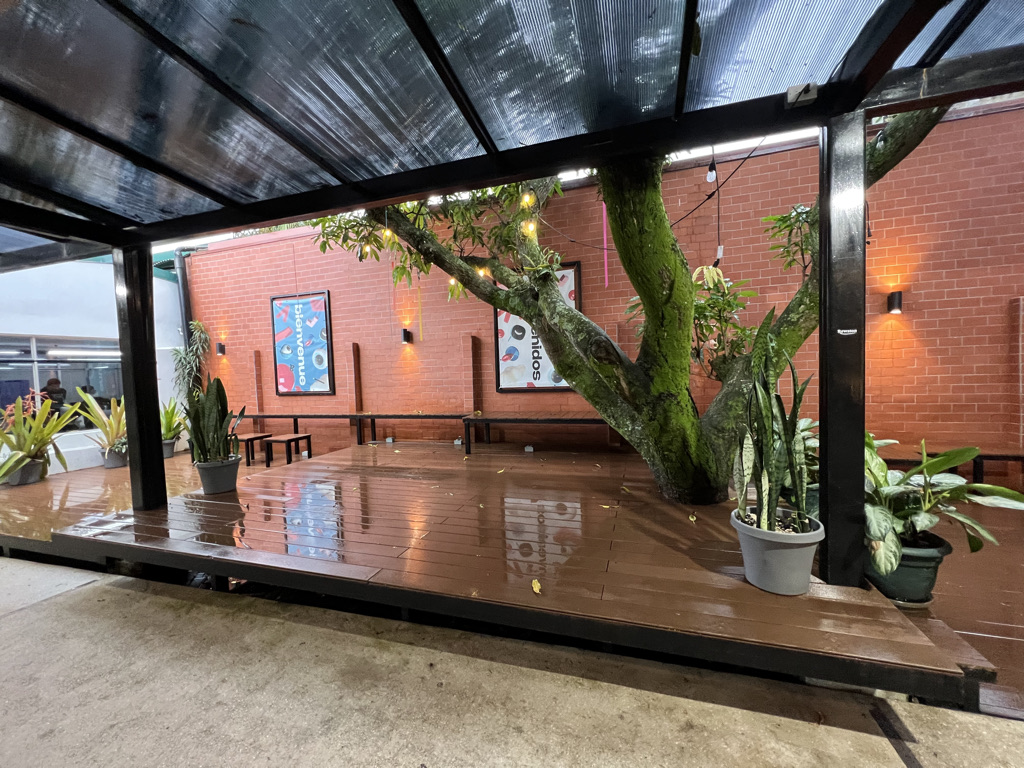
During my last week in Costa Rica, I thought to myself how strange it will be to return to a world surrounded by English—where I will no longer be encased in Spanish chatter and road signs on the street, where I will speak English to waiters and shopkeepers. Now, three weeks later, my time abroad feels a bit surreal. So much happened in just five weeks that remembering and unpacking it all feels overwhelming.
The most important change I see post-study abroad is in myself and my attitude toward speaking Spanish. In the beginning of my trip, I was shocked to discover an intense feeling of jealousy in my language learning process. I felt envious of anyone who spoke better than me: other people in my class, other people in my SLA program. Learning Spanish felt like a competition rather than an individual journey—of who has a better accent, of who knows more vocabulary words, of who speaks with more fluidity. Throughout my time in Costa Rica, these feelings lost strength; however, it was still difficult not to compare myself to others. I have noticed that now, upon return, they have abated.
This realization washed over me during a dinner my family hosted for my dad’s business partner and his girlfriend, the latter only able to speak Spanish. To my own surprise, I spoke easily and with no hesitation. I felt confident, armed with my weeks of practice abroad. I shed the anxiety I had carried for so long about speaking Spanish to native speakers. There was no one to compare myself to, no sensation that I was better or worse than someone else. It was only me connecting with other people, sharing stories and laughs.
Sometimes it is easy to forget why we learn languages. Sometimes I lose the passion that led me to take Spanish beyond the four semester requirement of the College of Arts and Letters. Sometimes speaking Spanish feels like work, or like a competition. But then I have moments like this, where I feel truly connected to others, and I remember why I love language. It is a window, and I can see other people smiling through the glass.


